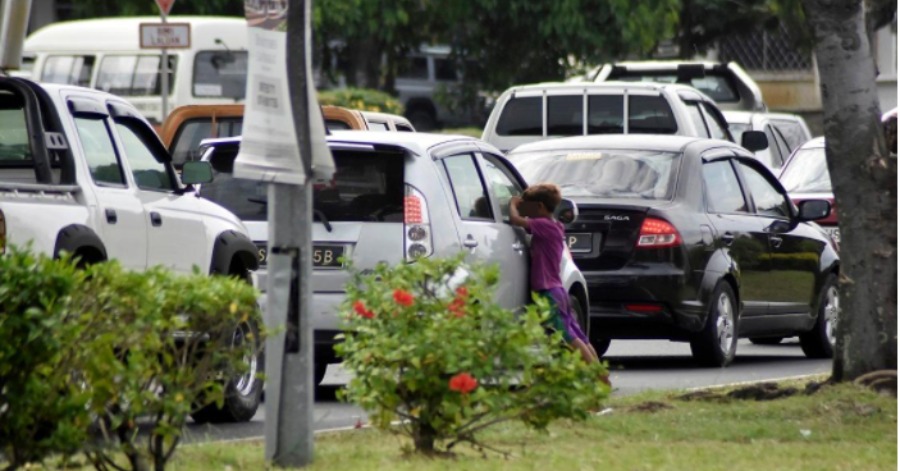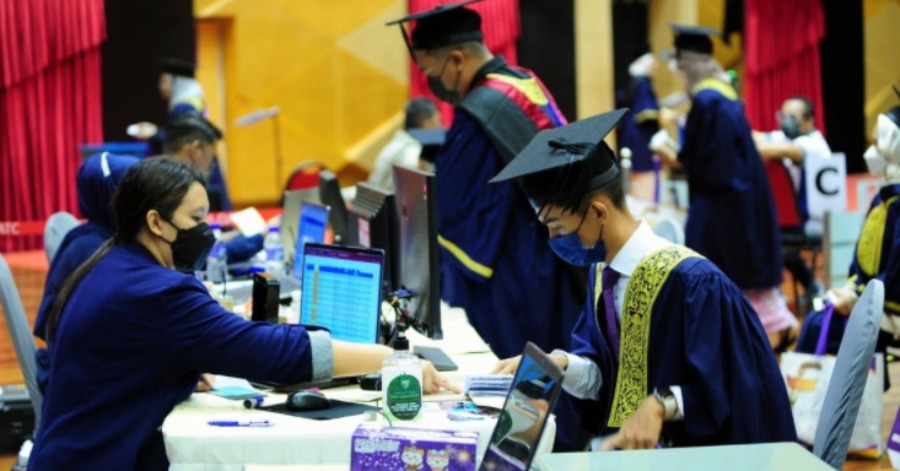KUALA LUMPUR, Feb 17 –The presence of beggars, who are getting bolder and sometimes aggressive, has caused public concern, especially with their number increasingly along the streets in the federal capital.
While agreeing that the COVID-19 pandemic may have left many in distress and ended up on the streets due to economic pressures, the question, however, is why this begging activities, mostly by foreigners, are allowed to thrive, causing inconvenience and and threatening harmong of the local community.
A personal assistant at a private company, Vimala Arumugam (she), 44, said she saw a new pattern among beggers in their approach of soliciting donations from the public.
“There is element of force. They come to us when we are eating at restaurants and some of them will not leave until we give them money.
“And now, with COVID-19 cases still on the rise, we are worried about our safety as we do not know who they (beggars) have been with,” she said.
An employee of a local consultant company in Ampang, Mohd Fadli Adamsah, 36, recalled an experience when a beggar demanded cash from him when he offered the beggar food.
“It is like they have been instructed to force the public to give them money. There are also beggars who pulled and threatened passers-by to give them money,” he said, adding that he believed this kind of beggars were run by syndicates.
A trader at the Sogo Complex here, Yong K.H, 77, said beggars, often foreigners, often came to his beverage shop.
“They normally come here between 1 pm and 3 pm, especially on Sunday when there are many people,” he added.
Yong, who has been living in the capital since 1966, said the number of beggars in the federal capital had increased and most of them were foreigners.
“In the 1970s, the beggars were locals, but now most of them are foreigners and it is also difficult to distinguish between foreign and local beggars,” he added.
An owner of a Malay cuisine restaurant in Taman Putra Sulaiman, Ampang, Muhammad Abu Bakar, 65, regarded beggars who came his restaurant as his “rezeki” (sustenance) and would feed them.
“Their presence on the streets is between them and the authorities, but between them and me, I have to help because they are the needy,” he said.
Some netizens also shared their experiences with street beggars, including Twitter user nunnie.@Slpysssy, who questioned the country’s existing legal system.
“I’ve experienced this before. We’re okay if they ask politely, instead of scolding us , and some even came to the car and knocked on the window and mentioned the amount they wanted. Isn’t there a law that prevents them from doing so?” she wrote.
As for jiqa.@Nhashtaging, the account tweeted: “KL is where the money is, and these people (beggars) do not allow us to teach the things they are selling, like tissue, prayer beads. They assume the things sold if we touch them”.
Sources: BERNAMA




Leave a Comment